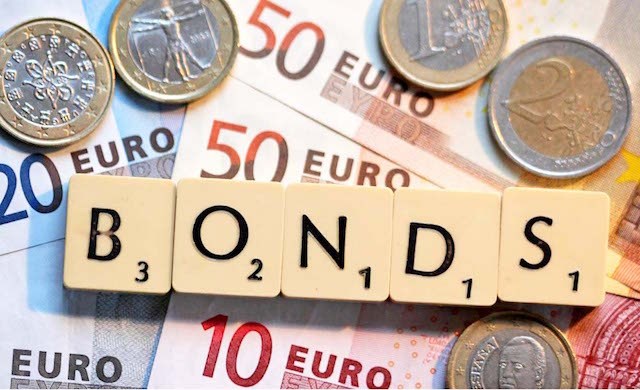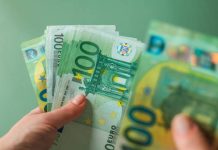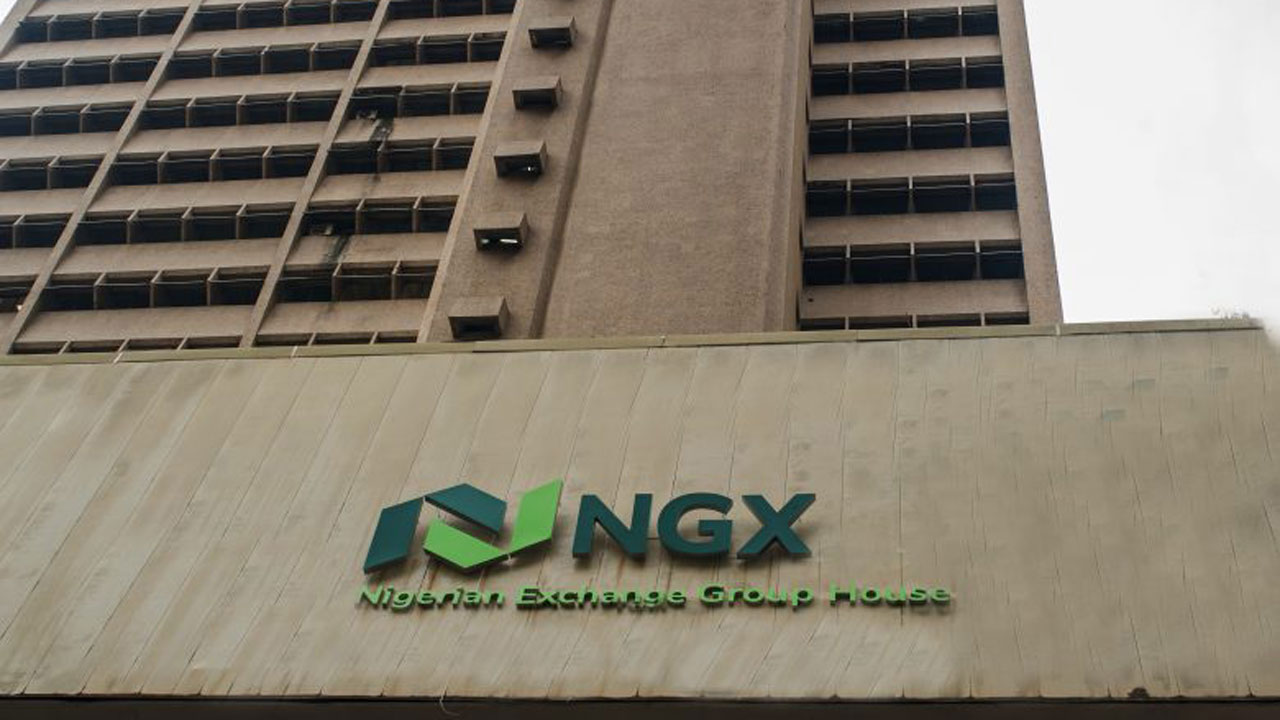The average yield on Nigeria’s sovereign US dollar bond rose as foreign portfolio investors expanded holdings and wagers in the international market as inflation began to fall.
The latest disinflation strengthened foreign investors’ trust and enhanced expectations for a brighter future following major macroeconomic stimulus actions. Nigeria’s inflation rate fell for the first time in 19 months, owing to base effects and increased food supplies in local markets. According to figures from the National Bureau of Statistics (NBS), headline inflation declined 79 basis points to 33.4% in July 2024.
“While this disinflation outcome was in tandem with our expectations, the magnitude was disappointing,” Afrinvest said in a note. Analysts at Afrinvest Limited had estimated that the headline rate would decline by 107 basis points in a base case to 33.1%.
This expectation was anchored on the base-year effect and decline in the price of certain farm outputs, such as yam, pepper, and vegetables, owing to gains from early harvest.
In the local market, the local FGN bond market had a bullish settlement with minimal bearish bias. As a result, the average mid-yield decreased by 18 bps to 19.39% on a week-on-week basis.
The Eurobonds market was mostly bullish this week, with the average mid-yield falling for most of the trading sessions amidst expectation that the US Fed reserve would cut rates in September.
The latest data showed that US inflation grew by 0.20% month on month, in line with market forecasts. However, year-on-year inflation grew by 2.90%, lower than the estimated 3.0% y/y.
The US Producer Price Index (PPI) increased by 2.20% year-on-year, down from 2.70% year-on-year, and by 0.10% month-on-month, down from 0.20% month-on-month in June.
In the Sub-Saharan African Eurobonds market, sentiment was shaped by widespread expectations that the Fed will ease its grip on interest rates following the release of softer inflation data in the US, Afrinvest said in a note.
Consequently, all papers in this market segment witnessed a yield decline, save the Gabon 2024 (+0.3%) and Benin 2038 (+8.6%) papers.
Specifically, the strong performance of Ghana 2025 (-7.2%) and Ghana 2026 (-1.5%) instruments drove the average yield down 21 bps week on week to 19.8%. Analysts said they expect bullish sentiment to persist as investors continue to price in the possibility of a rate cut in September.
The U.S. Treasury yield closed slightly lower on Friday, a day after fading recession fears led to an aggressive selloff as investors calibrated their expectations for the Federal Reserve’s next move.
The debate centers around how much of a cut in interest rates may come out of the meeting, with sentiment easing back to a cut of 25 basis points from the more aggressive 50 bps expected a few weeks ago.












